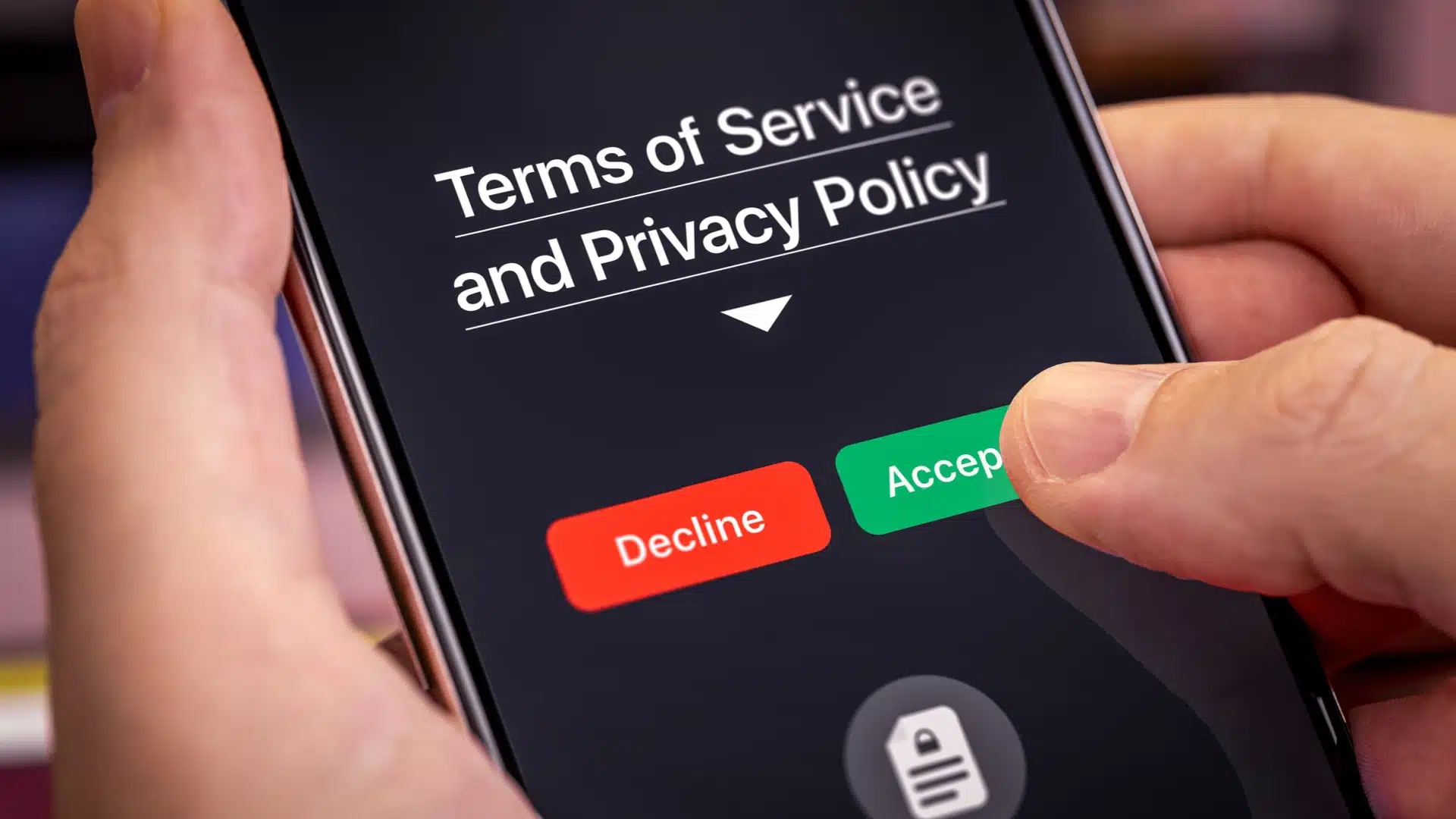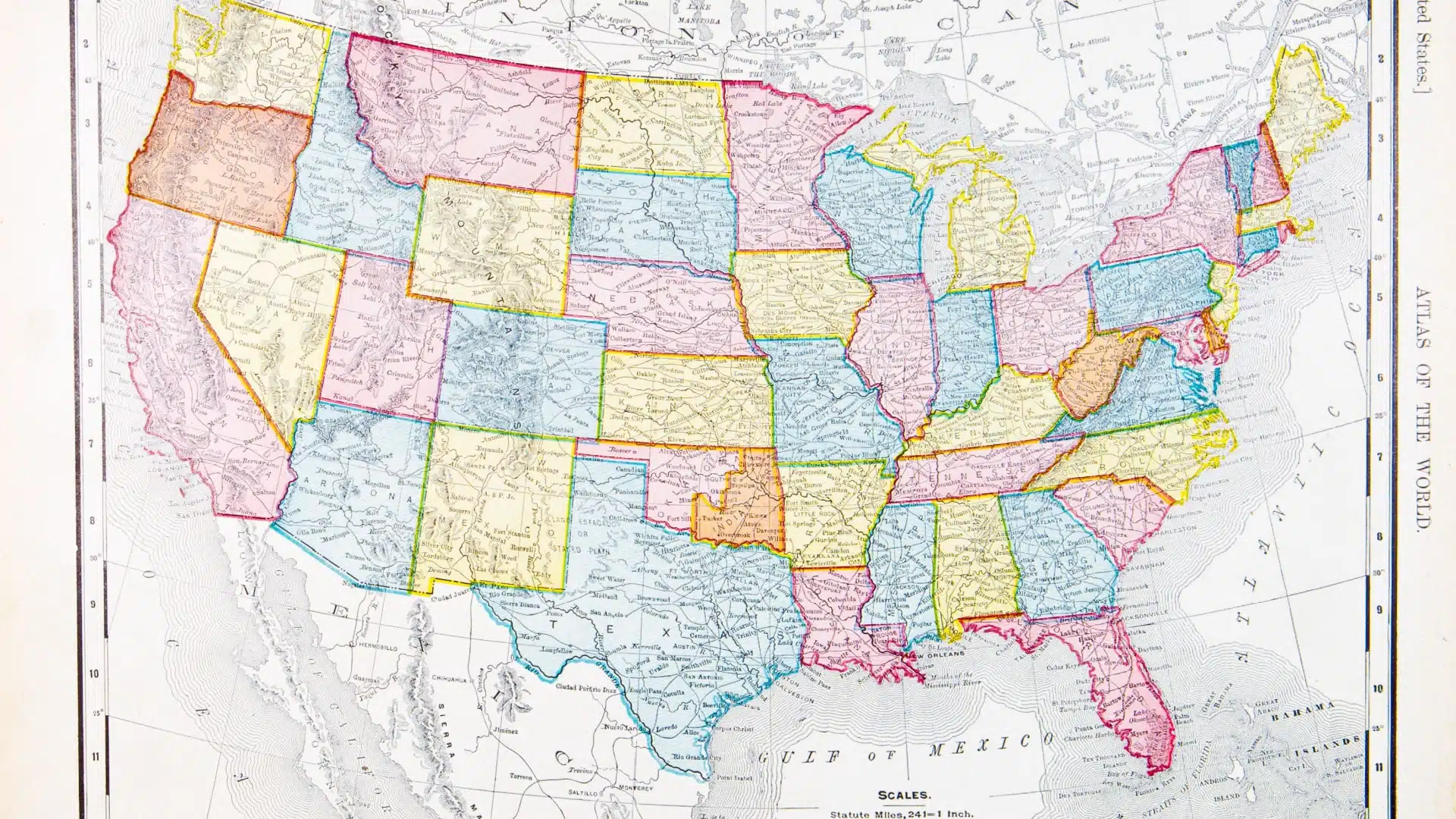If video killed the radio star, what did the internet kill?
Our society was much different in the 80s and 90s, before the world wide web infiltrated every aspect of our lives.
21 Things the Internet Ruined

We asked the internet to share the top things ruined by the internet, for better or worse. Some are barely a memory, while others only exist online.
Which do you wish we still had, and which ones needed to die?
Mail Order Catalogs
Every year, shopping centers sent massive catalogs to folks in preparation for the holiday season. Most of us remember the iconic Sears catalog showcasing the best clothes and toys of the season, but most department stores had their own version.
Many of these stores faced harsh cuts with the internet, and all their catalogs (if they still have them) moved online.
Playing Outside
Millennials and the generations that came before spent a good chunk of their time playing outside.
With the Internet, parents could see the horrors of society. Although we’re safer than we’ve ever been, bad news sells, and the rare cases of child abduction get plastered all over the web. Scared parents lock their kids indoors, but the kids don’t complain because they stay online all day.
Privacy

“The internet killed privacy,” one replied. “We volunteer surveillance and yield our privacy away- ring doorbells, social media’ live’, work history, who is our friends and family, date of birth, etc., etc.”
Another added, “It’s privacy, but also, oddly, most people lost their local community, which would invade that privacy in a good way at the same time. Before the internet, the general public worldwide had more global privacy, but people also shared and could talk more with those locally near them.”
“Now people just flat out ignore each other if they like or follow anything not 100% in their common interests. It’s why everything has gone to extremes now in most discussions, especially political discourse.”
“Communicating only with your own echo chamber is a bad thing on any topic, even less intense ones like hobbies. It just makes life worse.”
Video Stores
Video killed the radio star, and the internet killed video stores. Why take the trip to a rental store when you can stream the movie online?
I miss video stores. It wasn’t just about renting the movie, but I’d make an evening out of strolling the aisles to find that perfect flick to match my mood for the night. Looking online doesn’t have the same feel.
Gaming
The internet both enhanced and ruined gaming. It enhanced it via live streaming, online play, and the ability to download games without going to a store.
But the internet ruined gaming too. On Friday nights, my friends would all come over for Mario Kart or Call of Duty Marathons. The split screen was annoying, but we could all play together in couch co-op mode, making gaming a social activity.
With the move online, it’s hard to find games with couch co-op, and gamers sit alone in their rooms.
Critical Thinking
The internet will be the downfall of humanity for its destruction of critical thinking. We used to teach people not to believe everything they read online, but somewhere along the line, that message got muddy.
Now, we have people who can’t tell the difference between AI slop and a real photo, who believe a random social media poster about medical advice and can’t distinguish fact from propaganda.
Getting Mail
Mail used to be fun! My favorite mail day as a kid was the free cereal sample day, but I’d also get letters from friends and cards from family.
The internet ruined all that.
Nowadays, the only mail I receive is junk. It goes straight from my mailbox into my recycling bin.
Social Skills

People used to have to learn social skills. We learned to play nice, show kindness, and treat each other with respect. We learned to read faces and emotions.
Now, we hide behind technology, screaming obscenities at each other with no repercussions. Many younger people can barely speak to others because they spent their childhood in front of screens and never learned these crucial interpersonal skills.
Anticipation
The Internet gave us instant gratification. We can order things with a click of the button and get them the very same day. We can download games, movies, and music instantly.
Yeah, it’s convenient, but the anticipation was part of the fun. We’ve lost that.
Dating
Anyone who’s used dating apps recently knows how much the internet has ruined dating. It’s awful for both genders, as women face so much harassment and lying that they leave the apps, and men only receive likes from bots or spammers.
The internet ruined expectations in dating as well, as everyone (of both genders) thinks they’re entitled to an almost robot-like partner who will be everything they want without them having to compromise in the slightest.
Shame
The internet killed shame. As soon as people learned they could make a buck doing embarrassing things online, they embraced it. The internet also created echo chambers where horrible ideas flourish.
You’ll find the worst of humanity on the internet. Incels support and encourage misogyny rather than call people out for their horrible takes. “Influencers” play horrible pranks on people for views. The internet encourages it all.
We need to bring shame back.
Attention Span
People don’t want to read a 2000-word blog post for detailed information – they want a 30-second TikTok video lacking nuance.
The internet destroyed our attention spans as content got shorter and shorter to keep people engaged.
My Faith in Humanity
Someone volunteered, “My faith in humanity.” Another agreed, “So true. Before, you just had a heavy suspicion that fools surrounded you. Now, you have the depressing certainty. It sucks.”
A third confessed, “Some dark corners of the internet make me really hate people. And I’d like to know if the internet ruined people or enabled us to see how terrible people are.”
Realistic Expectations of Success
“Realistic expectations of success. I have a brother eight years younger than me, starting his final year of high school. When the school asked the entire student body what they wanted regarding career aspirations, 82% said something like a Twitch streamer, Instagram model, TikTok lifestyle channel, or online business selling stickers and Starbucks cups.”
“They need to realize for every ten people who get rich this way. There are ten thousand who can’t pay their bills every month,” another confessed.
Shared Culture
Before the internet, we were beholden to television and radio for entertainment. That means we were all watching similar things. We’d gather around the water cooler on Friday morning to discuss the latest episode of Friends or the summer’s biggest blockbuster.
With content moving online, we have more options than ever before. People niche down into small communities, and although it’s great that everyone can find something they really love, it also disconnects us from a sense of community.
Maps

“Maps,” one replied. “I have never used an actual map since the internet and phones. And not just maps, but those car-mounted GPS systems. Remember Tom Tom and all the knockoff versions of it?”
Another shared, “My Garmin refused to understand in 2012 that the road it was insisting I turn onto no longer existed. Like it wanted me to cut through a field.”
Finally, a third joked, “I love that their business model consisted in having people buying the unit, and then they’d charge an enormous amount for map updates. Each person I saw finding that out dropped their GPS into their electronics graveyard very soon after.”
Not Being Able To Remember That Guy From That Thing
“Not being able to remember that guy from that thing,” one suggested. A second shared, “My wife and I sometimes play this game. We discuss something that might require a Google search and don’t search, but we try our best. We need to name the game. I’m considering calling it the 80s or Boomer.”
Finally, a third added, “Also, BEING the guy who could always remember the guy from that thing. It’s a worthless talent now. I wasted my brain space.”
Encyclopedias and Dictionaries
“Encyclopedias and dictionaries” shared one user. Another argued, “They’re online. What do you think Wikipedia is?” A third shared, ” I don’t trust what’s on the internet. Not really. It’s close, but sometimes things are missing or just wrong, and there’s little to be done about it.”
“An encyclopedia gets corrected for the following publication. The internet is always unchecked, as far as I can tell. I still tell people to find their answers in a physical book.” Anyone can edit a Wikipedia page.
Activism

PeopleImages.com – Yuri A via Shutterstock.com.
Activism used to mean getting off the couch and doing something. Today’s social media activists feel accomplished if they write about their concerns online.
It’s not the same thing.
Social media activism makes us feel like we did something, but it’s not real activism. If we really want to make a difference, we need to hit the streets and talk to people in our communities.
Newspapers and Magazines
Newspapers and magazines are the number one voted answer. One person stated, “Revenues from newspaper classifieds were significant, but another huge factor was revenues from major advertisers. The newspaper business was crazy lucrative when traditional media were the best option for advertisers.”
“So there was severe damage when the Internet started to enable companies like Google, Facebook, and others to do highly targeted, customized advertising. With that option, newspapers became practically useless for advertisers.”
“The sad thing is that all tech companies like Facebook or Twitter still heavily rely on traditional journalists to contribute highly engaging content, and yet they are like free riders, benefiting from the work of journalists while providing little value to those journalists.”
The Internet

The internet killed the internet. Maybe not yet, but if dead internet theory holds water, we’re at the point where most of what we see online is bot traffic rather than a real person.
Even without dead internet theory, the internet cannibalized itself. In its heyday, you could find anything online. You could spend hours deep-diving into a new, interesting topic or exploring independent artists.
Today, 10 websites command the internet. Good luck finding new, engaging content unless a million-dollar corporation wants you to see it. Good luck making a living online unless you started 10 years ago.
All the great things about the internet are gone. We hope it can recover.
We hope you enjoyed this Reddit picks of things the internet killed. Share what we missed in the comments!

